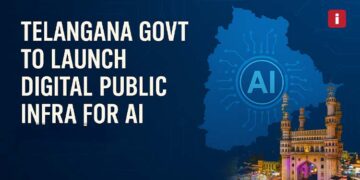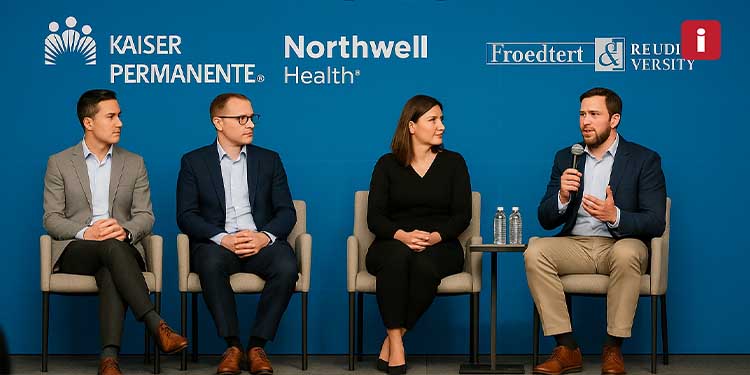As the global healthcare sector confronts rising operational costs, critical staff shortages, and the ongoing challenge of outdated digital systems, leading executives from across the U.S. convened at the Reuters Events: Digital Health USA 2025 conference in Nashville, Tennessee, on May 12–13.
This year’s summit brought together over 300 senior leaders in digital health, technology, and IT from across the healthcare spectrum — including hospitals, health systems, payers, and technology innovators. Their shared mission: to accelerate the digital transformation of healthcare through AI, interoperability, and workforce-empowering technologies.
The Urgency of Change in the U.S. Healthcare
U.S. healthcare is undergoing a historic shift. Persistent labor shortages, increasing administrative burdens, and siloed data systems have underscored the need for rapid modernization. Digital Health 2025 addressed these issues head-on by focusing on scalable, tech-forward solutions that not only benefit patients, but also ease the strain on healthcare professionals.
Organized by Reuters Events, the conference served as a critical knowledge-sharing platform to discuss how digital innovations — particularly AI and data interoperability — can be responsibly deployed to improve care delivery, patient outcomes, and organizational sustainability.
Key Themes & Strategic Priorities
The conference was structured around four central pillars:
- Rebuilding the Digital Core of Healthcare
Attendees emphasized modernizing outdated digital infrastructure by investing in interoperable, cloud-based systems. This would allow healthcare data to flow securely across platforms and organizations, enabling real-time decision-making. - Responsible AI Adoption
With AI gaining ground in diagnostics, operational efficiency, and patient engagement, leaders discussed the importance of ethical frameworks, transparency, and human oversight. The goal is to implement AI in ways that enhance not replace clinical judgment. - Workforce Empowerment Through Technology
Speakers shared how technology can reduce physician burnout, automate repetitive administrative tasks, and give care teams more time for patient interaction. Smart scheduling, ambient clinical documentation, and digital assistants were presented as practical examples already in use. - Patient Experience and Digital Engagement
As patients expect more personalized, on-demand care, the role of digital engagement tools like apps, portals, and AI-driven communication—was discussed. The goal is to create a more seamless, proactive care journey for individuals and communities.
Noteworthy Speakers & Voices
Some of the healthcare industry’s most influential leaders delivered insights during the event, including:
- Daniel Yang, MD – Vice President, AI and Emerging Technologies, Kaiser Permanente
Dr. Yang highlighted how AI can help bridge care gaps, provided it’s implemented with a focus on safety, inclusivity, and long-term value. - Sven Gerlinger – Chief Experience Officer, Northwell Health
He spoke about the intersection of patient experience and digital innovation, urging systems to view technology as a human enabler—not just an operational tool. - Bradley Crotty, MD – Chief Digital Officer, Froedtert & the Medical College of Wisconsin
Dr. Crotty discussed the measurable benefits of digital maturity in hospitals and how leadership alignment accelerates successful digital rollouts.
Interactive Collaboration & Real-Time Learning
In addition to keynote addresses and panel discussions, the summit featured collaborative hackathons, roundtable dialogues, and networking sessions. These formats allowed tech startups, healthcare administrators, and clinicians to brainstorm together on real-world use cases — ranging from predictive analytics in population health to virtual care models and cybersecurity strategies.
The event’s diverse participation from top-tier academic medical centers to regional care providers and health IT companies created a cross-industry dialogue that reflected the complexity and interdependence of digital health transformation.
Looking Ahead: The Path to Scalable Innovation
The message from Digital Health USA 2025 was clear: incremental fixes are no longer enough. The future of healthcare lies in cross-functional collaboration, data transparency, and technology designed with humans at the center.
The insights shared during this event are expected to influence health tech strategies well beyond 2025. As policy, funding, and innovation continue to converge, events like this will remain critical in shaping a smarter, more connected future for healthcare in the United States.
For more in-depth coverage of digital health trends, stay tuned to Insight Tech Talk,
your destination for tech-forward industry updates, executive insights, and real-world innovation.













































